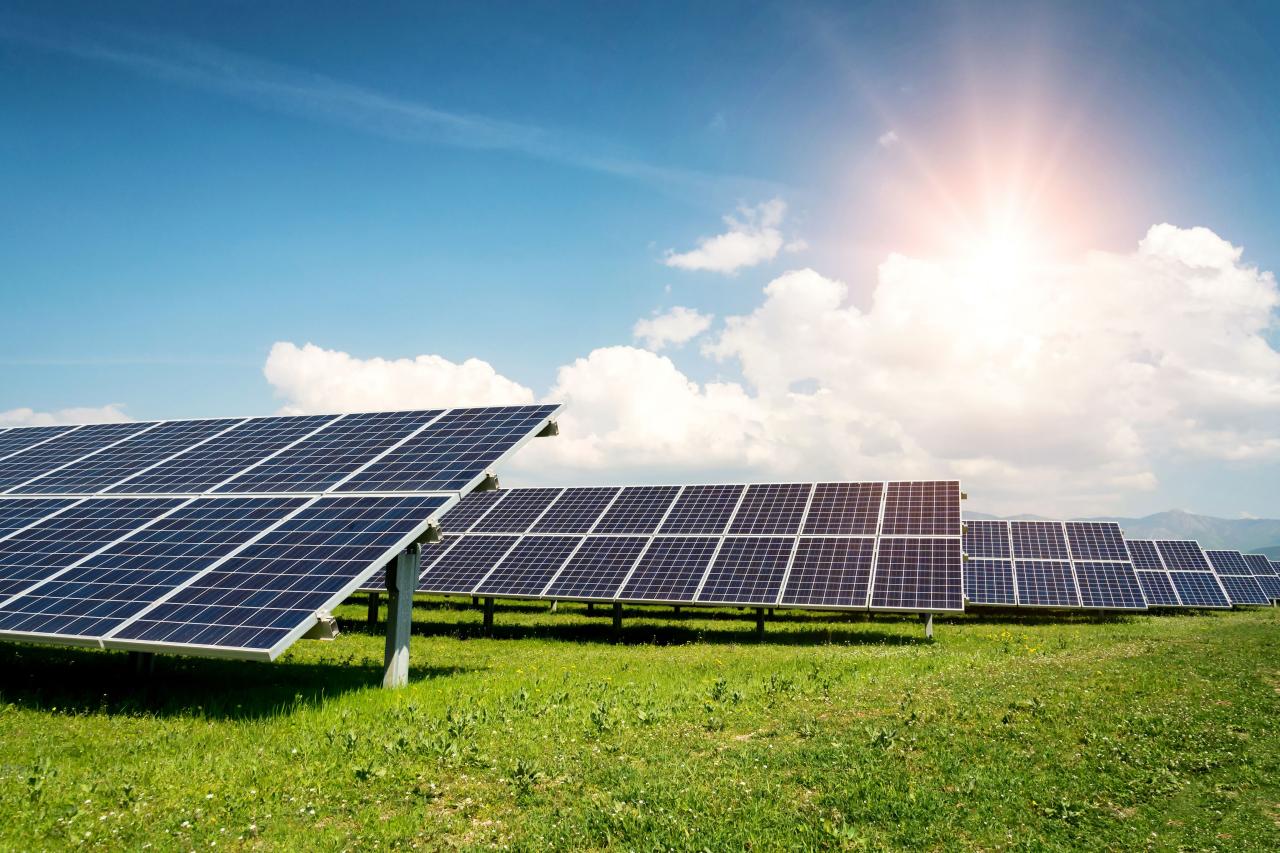
Once installed on your home’s roof, solar panels can offer many practical benefits for you. These panels essentially generate electricity from sunlight — and, as a result, can power your home’s electrical fixtures and appliances with free, sustainably sourced energy.
However, though solar panels can continue fetching you new energy right throughout the year, they tend to work best in the spring and summer. As for exactly why, some of the reasons might surprise you more than others…
The days are longer
As the Energy Saving Trust explains, “the stronger the sunshine, the more electricity generated.” Naturally, you get more hours of sunlight in the spring and summer than in the autumn and winter. In the warmer seasons, the sun rises earlier and sets later.
Solar PV systems have high energy capacity
A single solar PV (photovoltaics) panel comprises cells of semi-conducting material. When light shines — however directly or indirectly — on this material, electricity is generated.
How much exactly? This largely depends on the number of panels; a typical solar PV system contains about ten. Another factor, though, is the amount of sunlight these panels get.
In strong sunlight, a solar panel can make roughly 355W (watts) of energy. On cloudier days, you shouldn’t expect the panels to produce quite this much energy — but some should still trickle in.
Solar installers can work comfortably in warmer weather
Of course, before your household can start sourcing energy from solar panels, you need to get them fitted to your home’s roof.
You could be pleasantly surprised by how easily you can arrange for a local company to install those panels on your behalf. For example, if you are looking for solar panel installers, Suffolk, you can turn to Advanced Eco, who are also able to send installers to Cambridgeshire and Essex homes.
It would be wise for you to have installers fit your solar panels while the weather is still warm — as those panels can be trickier (and so more time-consuming) to implement in colder temperatures.
You don’t have to fear generating ‘too much’ electricity
That’s because even if the bright sunshine of spring and summer leads your solar PV system to create more electricity than your home needs, the surplus energy could simply be sent to a battery storage system (if your solar PV system is connected to one) or sold back to the grid.
The latter process is known as ‘net metering’ — and enables you to actually make money from offloading this excess electricity.
This only adds to the financial appeal of using solar panels on a day-to-day basis, as you don’t have to pay an energy supplier anything to get hold of the solar energy in the first place.
The peace of mind you get from using solar panels isn’t just financial, either — as you will also be doing your bit for the environment.
Leave a Reply